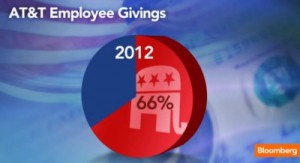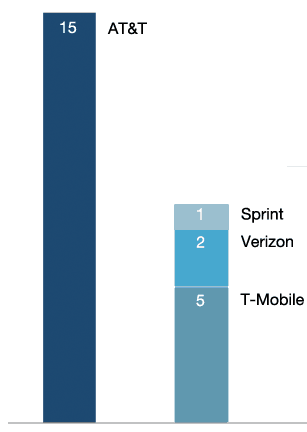While telephone companies continue to suffer repeated outages from copper wire thieves, the growing problem of copper theft has now begun to impact cable-TV providers and even electric service in some areas.
Over the Memorial Day holiday, thieves were busy stripping phone, cable, and electric wiring from utility poles, underground conduit, and even buildings. Windstream suffered significant losses in the greater Tulsa area late last week when thieves sliced through wiring supporting phone, television, and broadband service, quickly spooling it up on pickup trucks to be hauled to copper recyclers, often to finance drug habits.
Windstream reports the problem of copper wire theft is growing and becoming more widespread, especially in out of the way places where thieves are not likely to be caught in the act. The Tulsa-area copper capers are characterized as semi-professional because thieves are starting to use professional tools to quickly slice through wiring and can scoop up 1,000 feet or more of cable in minutes.
Copper theft has even become a problem in office parks, where thieves are stealing high voltage electrical cables, often at the point where they attach to buildings. One Albuquerque radio station was off the air for nearly 14 hours after thieves ripped the radio station’s electrical wiring right off the building and out of the underground conduit.
[flv width=”360″ height=”290″]http://www.phillipdampier.com/video/KOKI Tulsa Thieves cut copper and knock out cable 5-25-12.mp4[/flv]
KOKI in Tulsa takes a look at the latest wave in copper cable theft — stealing cable television -and- telephone wires that disrupt phone, TV and Internet service all at once. (Warning: Loud Volume) (2 minutes)
[flv width=”480″ height=”290″]http://www.phillipdampier.com/video/KOB Albuquerque Copper thieves knock local radio station off the air 5-30-12.mp4[/flv]
KOB in Albuquerque talks with a nearby radio station taken off the air when cable thieves cut the building’s electrical wiring and yanked some of it right out of the ground. (2 minutes)


 Subscribe
Subscribe




